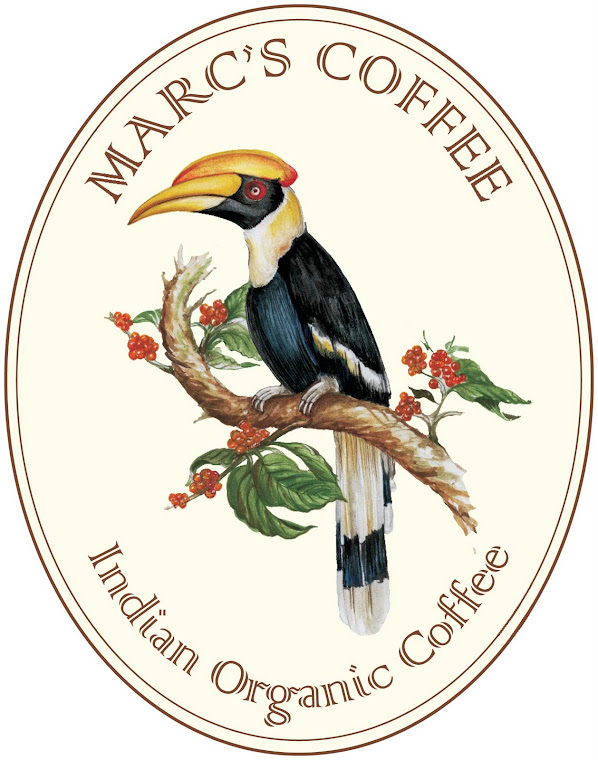
5 REASONS TO BUY/DRINK ORGANIC COFFEE by Coffeeideas!
Believe it or not, 1.4 billion cups of coffee are drunk everyday on planet Earth. Have a look how is the impact in the environment.
1. Coffee is the second largest agricultural crop in the world, after cotton. It is the third most heavily sprayed crop in the world; Cotton and tobacco are first and second.
2. Three-fourths of the coffee grown in the world and the soil its planted in, is sprayed with some of the most dangerous chemicals in the world, and some have been banned from for their toxicity to people. Some of these are benoyml, chlordane, cabrflurane, DDT, endulfan, paraquat,and zineb.
3. One pound of coffee consists of 4000 hand-picked beans. One hundred coffee beans for one cup of coffee. This represents one coffee tree per one pound of roasted coffee.
4. If you drink two cups a day, you'll consume about 130 liters this year, which represents the harvest of 18 coffee trees.
5. If you drink conventional, non-organic coffee, the 18 trees which supply your morning brew this year will be treated with about 5 kg of chemical fertilizers and 200 ml of pesticides. Most of those chemicals will be washed down hillsides in the streams that carry away the 20 kg of pulp stripped from your beans.



